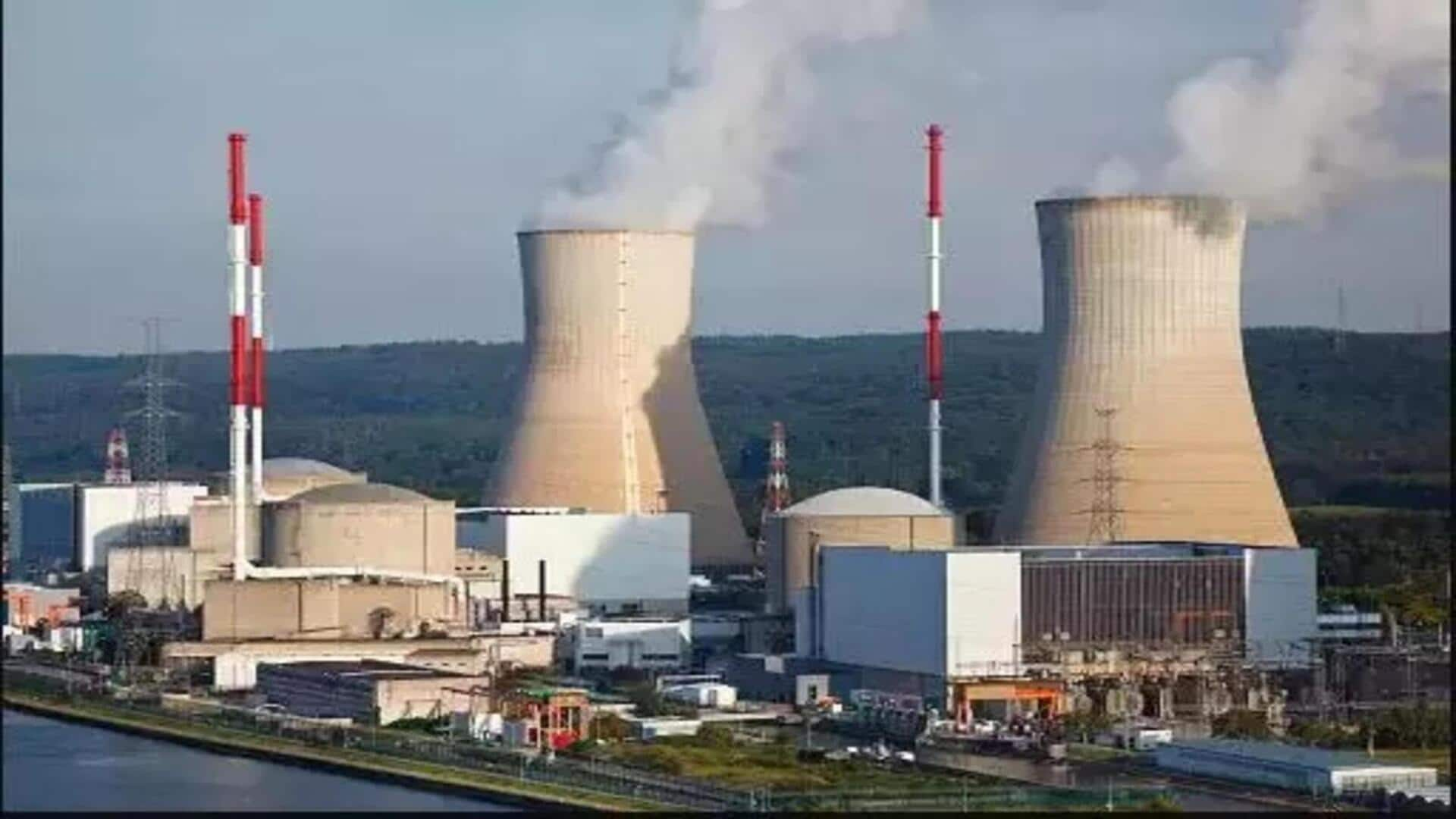
India mulls nuclear policy rejig, ease entry of private players
What's the story
India is considering major changes to its nuclear energy sector, with the government likely to introduce two key amendments in the upcoming Parliament session, according to a report by The Indian Express. The first amendment seeks to limit the liability of equipment suppliers in case of a nuclear accident, capping their financial responsibility and duration of accountability. The second amendment would allow private companies and possibly foreign investments to operate nuclear power plants.
Investment boost
Proposed amendments aim to attract foreign investment
The proposed changes are aimed at attracting foreign investment in India's nuclear energy sector. The first amendment seeks to amend the Civil Liability for Nuclear Damage Act, 2010, which currently holds equipment suppliers responsible for nuclear accidents. This provision has deterred foreign companies such as GE-Hitachi, Westinghouse, and Areva from investing in India due to fears of being held liable for future accidents.
Sector liberalization
Amendment to Atomic Energy Act could facilitate private players
The second amendment proposes a change to the Atomic Energy Act, 1962. This act currently permits only public sector companies to operate nuclear power plants. The proposed amendment would allow private and possibly foreign companies to operate these plants in the future, thereby liberalizing India's tightly controlled nuclear energy sector. The Indian government has promised to pass both proposed changes, as mentioned in this year's Union Budget.
Legislative progress
Government's commitment to pass proposed changes
However, passing these bills may take time. The amendments are seen as part of a larger effort to enhance trade and investment ties with the United States, with which India signed a deal in 2006. Under the deal, India agreed to separate its civil and military nuclear facilities and to place all its civil nuclear facilities under International Atomic Energy Agency (IAEA) safeguards. In exchange, the US agreed to work toward full civil nuclear cooperation with India.